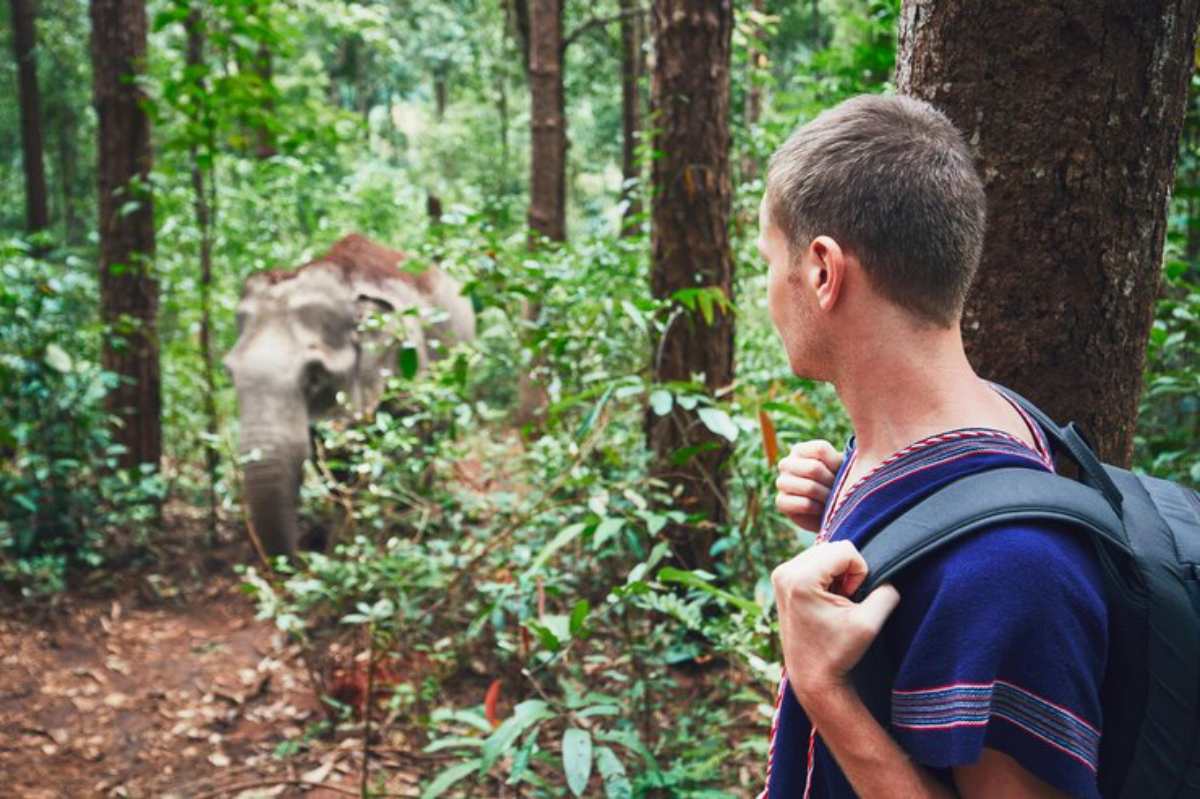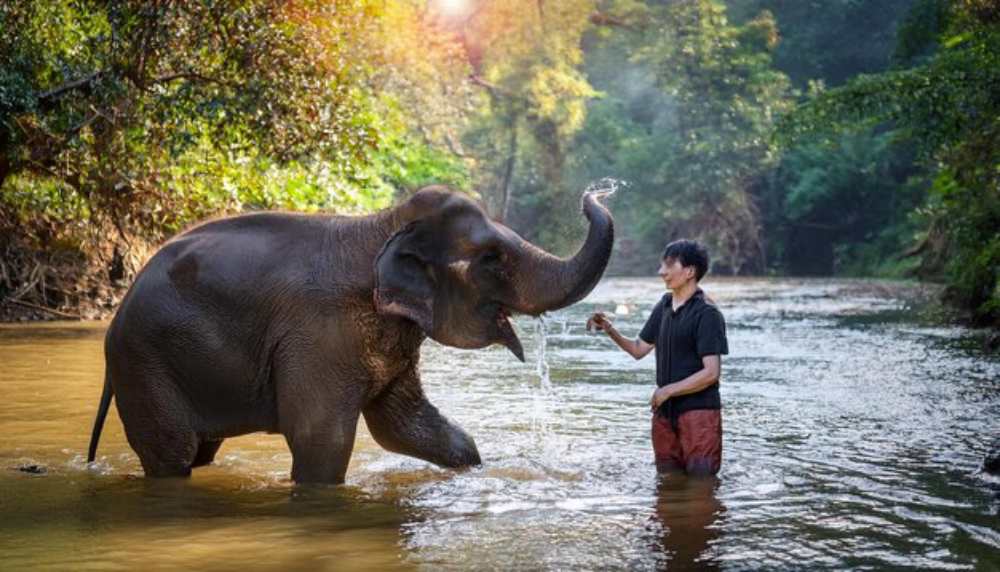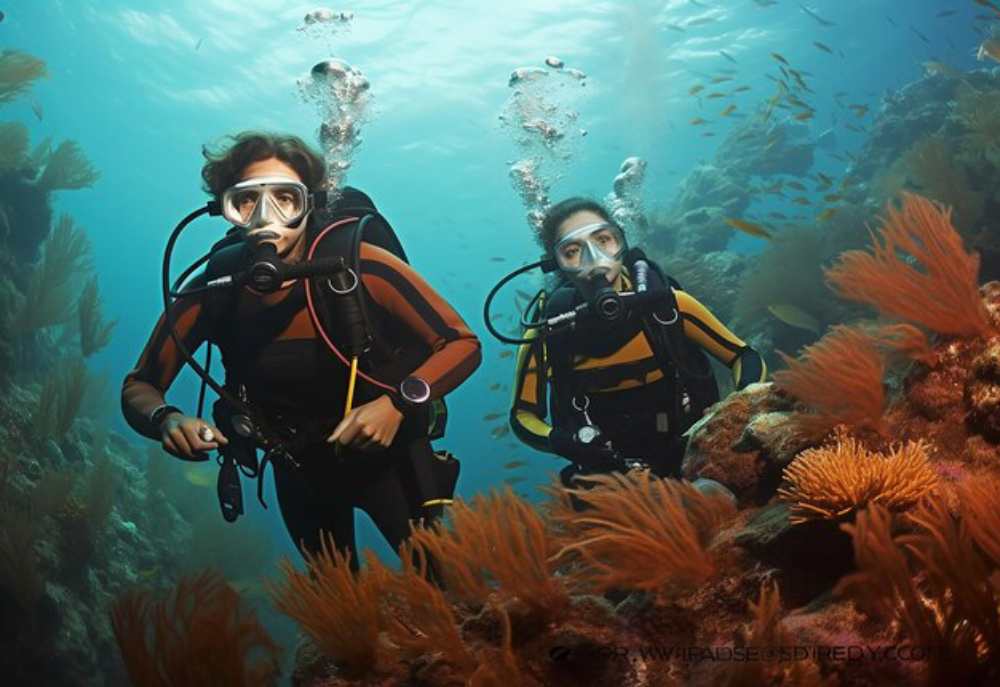
Wildlife Conservation Trips That Make a Difference
In a world with rising climate change, deforestation, and habitat loss, we need active environmental care more than ever. But what if your next holiday could be more than just a break from work? What if it helped protect endangered species, restore ecosystems, and support local communities?
Welcome to volunteer travel! This growing movement lets eco-friendly travellers join important projects worldwide. Wildlife conservation trips let you give back to the planet. Whether you’re tracking sea turtles in Costa Rica or caring for rescued elephants in Thailand, you can explore its most stunning places.
This article looks at meaningful eco-volunteering options for people who want to help. You’ll discover how to mix travel, learning, and purpose for a memorable experience. This includes hands-on fieldwork and behind-the-scenes support.
Why Choose Wildlife Conservation Travel?
Before we look at destinations, let’s discuss why this kind of travel is important for the environment and the traveller.
Benefits for Wildlife and Ecosystems:
- Protection and monitoring of endangered species
- Habitat restoration and anti-poaching support
- Research contributions to long-term conservation efforts
Benefits for Travellers:
- Deepen understanding of global environmental issues
- Gain unique hands-on field experience
- Develop personal and professional skills
- Build lasting connections with like-minded individuals
Eco-volunteering isn’t just about lending a hand—it’s about becoming part of a global movement for change.
Top Wildlife Conservation Trips Around the World
Here are some top wildlife conservation projects where you can volunteer.
1. Sea Turtle Conservation – Costa Rica
Best for: Ocean lovers and night owls
Costa Rica is a top spot for sea turtles to nest. Beaches such as Tortuguero and Ostional are crucial habitats for endangered species. These include green, hawksbill, and leatherback turtles.
Volunteer Activities:
- Night patrols to monitor and protect nesting mothers
- Data collection and tagging
- Hatchling releases and nest excavations
- Beach clean-ups and community education
Project highlight: See newly hatched turtles head to the sea. It’s a magical and humbling experience.
2. Elephant Rescue & Rehabilitation – Thailand

Best for: Animal lovers looking for ethical alternatives to elephant tourism
Thailand’s relationship with elephants is complex. Many elephants have been exploited in logging and entertainment. Ethical sanctuaries now provide refuge and care for these animals.
Volunteer Activities:
- Preparing food and feeding elephants
- Assisting with veterinary care
- Cleaning enclosures and helping with enrichment
- Supporting community outreach and sustainable tourism education
Responsible travel tip: Choose sanctuaries that do not allow riding or unnatural performances.
3. Big Cat Monitoring – South Africa
Best for: Conservationists with an interest in apex predators
South Africa hosts iconic species like lions, leopards, and cheetahs. Sadly, many face threats from poaching, habitat loss, and conflict with humans.
Volunteer Activities:
- Tracking animals using camera traps and GPS
- Conducting behavioural observations
- Supporting anti-poaching efforts
- Assisting with educational initiatives
Impact: Help gather essential data that informs national wildlife policies and reserve management.
4. Marine Conservation – Fiji

Best for: Certified divers and ocean enthusiasts
Fiji’s coral reefs are some of the most colourful in the world. But they face threats from warming seas, pollution, and overfishing. Volunteer divers can contribute to protecting these underwater ecosystems.
Volunteer Activities:
- Coral reef surveys and restoration
- Fish and invertebrate identification
- Removing invasive species
- Promoting marine education in local schools
Training: Many programmes offer PADI Open Water certification as part of the experience.
5. Wildlife Rescue and Rehabilitation – Ecuador

Best for: Those seeking a more holistic wildlife care experience
The Amazon rainforest is one of the most biodiverse places on Earth. Sadly, many of its creatures are caught in the illegal pet trade and suffer from deforestation.
Volunteer Activities:
- Feeding and caring for rescued animals
- Building enclosures and enrichment activities
- Educating visitors and local schoolchildren
- Supporting reintroduction programmes for native species
Expect: A physically demanding yet deeply rewarding environment with plenty of hands-on interaction.
Choosing the Right Project for You
To make the most of your eco-volunteering trip, think about these points before you book:
1. Match Your Skills and Interests
Are you more suited to hands-on animal care, data collection, or public education? Choose a project that aligns with your strengths—or challenges you to grow.
2. Check Ethical Standards
Avoid organisations that exploit animals under the guise of conservation. Look for accreditations or partnerships with reputable NGOs and conservation bodies.
3. Understand the Commitment
Some programmes need you to stay for at least 2 to 4 weeks. This helps ensure proper training and consistency. Others are more flexible for shorter holidays.
4. Budget for Impact
Costs can vary significantly and typically cover accommodation, food, training, and a donation to the project. Always ask for a breakdown of where your money goes.
What to Expect as a Volunteer
Volunteer travel is fulfilling, but it’s also real work. Be prepared for early mornings, basic accommodation, and the occasional challenge. The rewards are significant. You connect with nature, learn from experts, and see your impact up close.
Daily Routine May Include:
- Physical labour (e.g. cleaning, feeding, building)
- Data entry and report writing
- Community outreach or school visits
- Evening lectures or group discussions
Advice: Go with an open mind, a strong work ethic, and a respect for local culture and customs.
Responsible Travel Tips for Eco-Volunteers
- Respect wildlife: Observe, don’t disturb.
- Limit plastic use: Bring reusable items and leave no trace.
- Support local economies: Eat local, buy sustainable souvenirs, and choose eco-certified accommodations.
- Educate yourself: Read up on the species and ecosystem before you go.
- Stay connected: Share your story to inspire others. But remember to ask for permission before taking or posting photos of people or animals.
Success Stories: Real Impact from Volunteer Programmes
Case 1: Coral Regrowth in Fiji
Volunteer-led coral planting projects have restored many reef sections. This has led to more biodiversity and healthier fish populations in just a few years.
Case 2: Elephant Welfare Reform in Northern Thailand
Due to global pressure and volunteer education, more elephant camps are moving from riding to ethical observation models.
Case 3: Jaguar Research in the Amazon
Volunteer camera trap data helped spot new jaguars. It also gave clues about their range, which will guide future conservation plans.
These stories prove that dedication to volunteer travel can lead to lasting changes for the environment and culture.
How to Get Started
Here are some reputable organisations to explore:
- GVI (Global Vision International) – Offers conservation and community development projects worldwide
- Frontier – Specialises in wildlife and marine programmes
- The Great Projects – Ethical animal-focused experiences
- WWF Volunteers – Short-term conservation volunteer placements
- Ocean Conservancy – Marine-focused initiatives
Checklist Before Booking:
- Read reviews from past volunteers
- Ask about support before and after your trip
- Ensure travel insurance covers your activities
- Confirm visa and vaccination requirements
Travel That Leaves a Legacy
In a time when travel can harm as much as it helps, wildlife conservation trips let you make your journey meaningful. When you choose eco-volunteering, you help nature, honour culture, and create a more sustainable future for our planet.
Tracking big cats in the bush, planting coral reefs, or releasing baby turtles offers more than just photos. You’ll find purpose and perspective. Plus, you’ll feel satisfied knowing you made a difference.
Take action today! Research a wildlife conservation trip. Set your travel goals and start your journey towards a meaningful adventure.


